Nov 30, 2023
Another note: we're 24 chapters in, roughly 35k give or take. We only have Claire, Mia, Roki and Toren as actual, named and non-absent characters. This kinda makes the whole plot and world feel a little threadbare, especially for a young-adult oriented book.
Notwithstanding that, I feel like I'm losing the sauce here a little. There's a lot of conflict thrown at us, but it sort of feels spawned in. I don't recall a moment where Mia was stubborn (though maybe I'm wrong, I was a little tired the other day), and Claire's mystery seems to take a weird on-again-off-again importance. I'm a little blurry on what's going on, if I'm being honest.
![]()
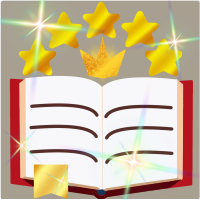
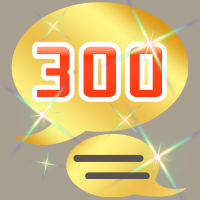
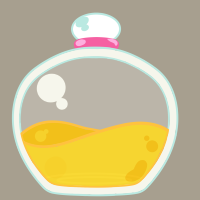
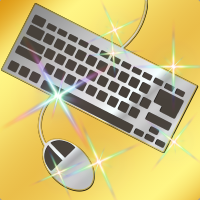
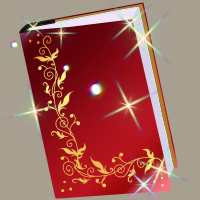
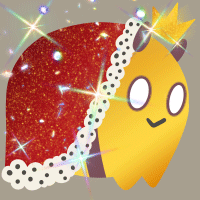




![]()









